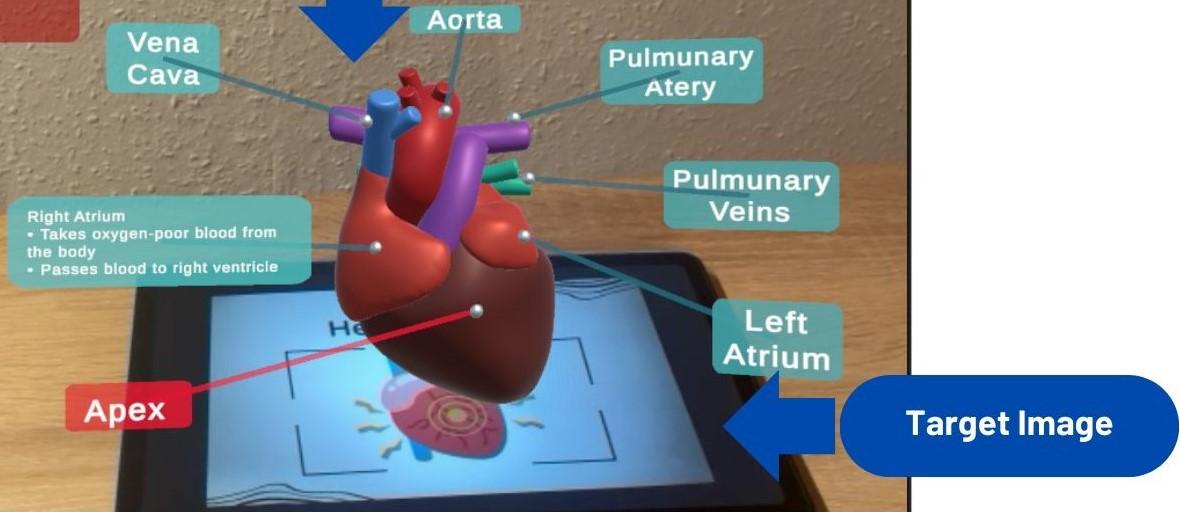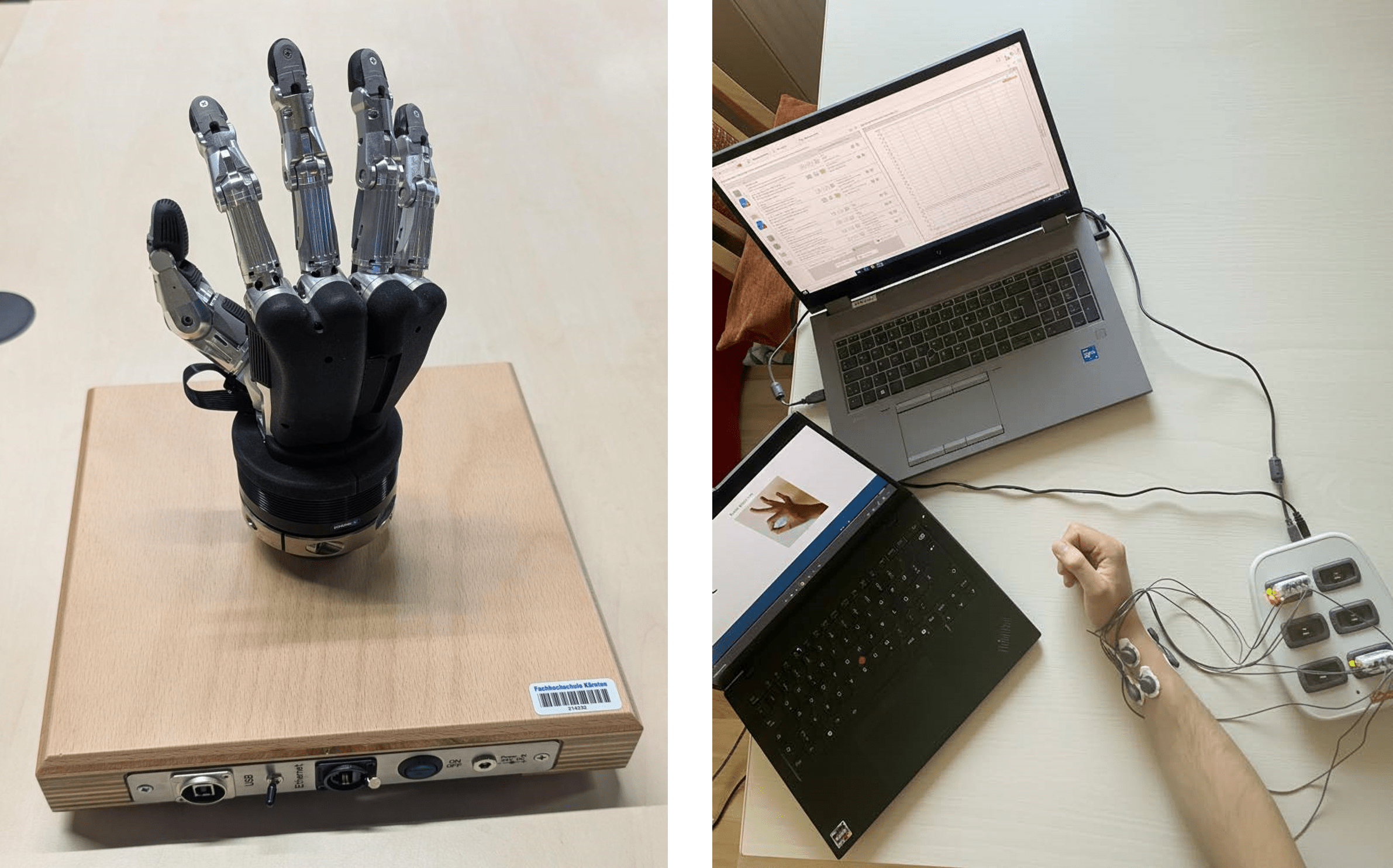By Naomi Müller, MEA master’s student
Dementia affects more than 55 million people globally, including over 150,000 in Austria. Behind each diagnosis is often an informal caregiver—usually a family member—struggling to find reliable, relevant information in the middle of daily caregiving duties.
My master’s project aims to support these individuals through the development of DemenzDialog: a mobile chatbot app designed to deliver personalized, accessible information to German-speaking informal caregivers of people with dementia.
Why a Chatbot?
In caregiving – especially for people with dementia – questions don’t follow office hours. Caregivers need fast, clear answers on everything from legal issues to behavioral symptoms—often without the time or energy to navigate websites or printed materials.
Chatbots offer a powerful solution. Available 24/7, they can provide low-threshold, conversational support in real time. The goal with DemenzDialog was to bring that value into dementia caregiving—without overwhelming users or oversimplifying complex topics.
Development Approach
The development of DemenzDialog followed a user-centered design process, incorporating feedback from both informal caregivers and healthcare professionals. This ensured that the system was grounded in real needs, not assumptions.
Technical Architecture
DemenzDialog is powered by a Retrieval-Augmented Generation (RAG) framework, combined with OpenAI’s GPT-4o large language model. This architecture combines:
- Retrieval of relevant information from a curated knowledge base (e.g. regional support services, care regulations, legal FAQs)
- Natural language response generation using a state-of-the-art LLM to produce clear, personalized answers
This allows the chatbot to handle complex, nuanced queries with a level of conversational quality suitable even for non-technical, older users.
A First Look at the DemenzDialog App
The prototype was implemented as a mobile app with a simple, senior-friendly login interface to ensure secure and intuitive access. Below is an example of a user interaction in German, showing how DemenzDialog provides structured, easy-to-read responses across multiple message segments:

During testing, users especially appreciated:
- Concise, helpful answers in clear everyday language
- Region-specific information, such as local support groups or funding opportunities
- The overall speed and simplicity of the system
Looking Forward
DemenzDialog demonstrates the potential of AI-powered digital assistants in caregiving. While the chatbot was specifically designed for informal dementia caregivers, the underlying architecture is highly adaptable. By simply replacing the underlying knowledge base, DemenzDialog could be reoriented toward different healthcare topics, age groups, or institutional settings.
This adaptability opens the door to:
- Other healthcare topics, such as chronic illness or mental health
- New target groups, including formal caregivers or patients themselves
- Administrative guidance (e.g. legal processes, funding access)
As we move toward a more digitally integrated healthcare system, I believe systems like DemenzDialog can help bridge the gap between overstretched healthcare services and the people who rely on them every day.
Want to know more?
Feel free to reach out via LinkedIn — I’m happy to share insights or answer questions about the project.
Yours,
Naomi



